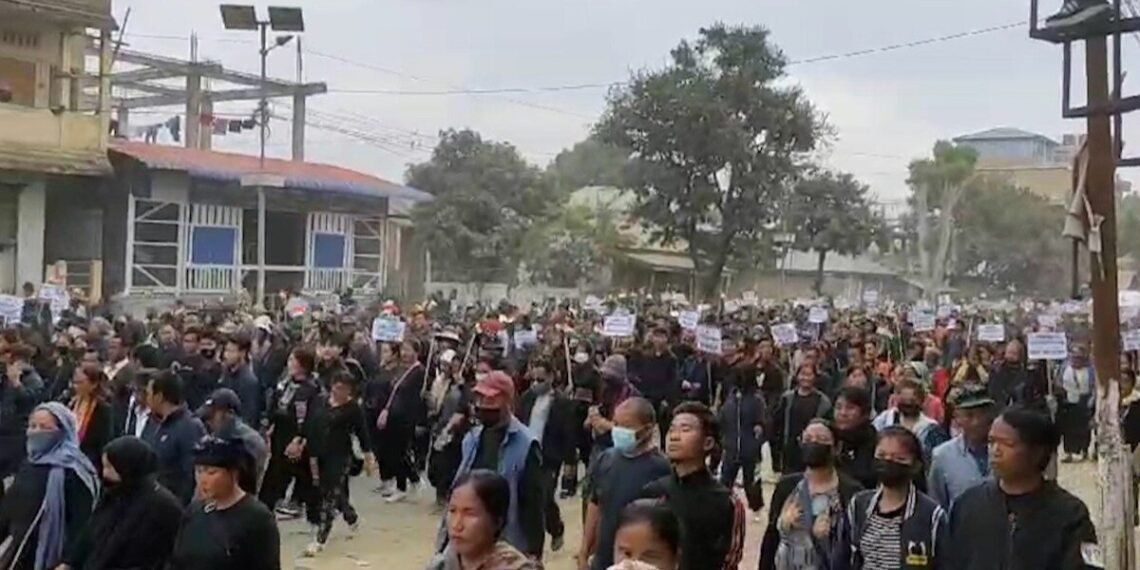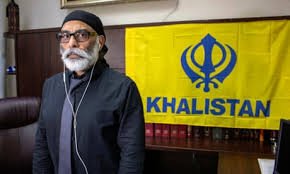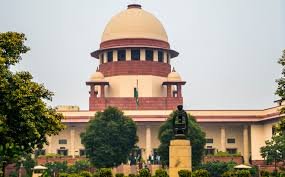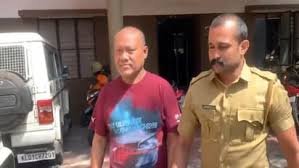As the MHA urges support for highway peace, the Kuki-Zo Council faces internal divides over whether to endorse movement on NH-2 without concrete gains for the hill districts.
PC Bureau
July 26, 2025 — Amid renewed efforts to stabilize Manipur’s conflict-hit regions, the Kuki-Zo Council (KZC) has called for a public meeting on July 29 at LNC Hotel, Kangpokpi, at 11:00 AM. The meeting, aims to engage tribal leaders, civil society organisations (CSOs), intellectuals, and political figures in an open dialogue over the Centre’s push for unhindered movement on National Highway-2.
This gathering comes just days after a similar meeting proposed for July 19 was abruptly cancelled under alleged pressure from an armed group, United Kuki National Army ( UKNA) to discuss a proposal for “Cessation of Hostilities” between Kuki-zo and Meitei communities.
According to sources, the July 19 meeting was also shelved due to internal disagreements and mounting pressure from factions within the broader Kuki-Zo leadership, who expressed concerns over the MHA-mooted proposal.
READ: Exclusive: MHA Pushes for NH-2 Normalcy; Kuki-Zo CSOs Cautious
The July 29 meeting gains further significance in light of the Centre’s recent outreach. In a bid to restore commuter safety in Manipur’s fractured transport network, the Ministry of Home Affairs (MHA) has informally urged Kuki-Zo CSOs to help ensure safe passage along National Highway-2 (NH-2)—a vital lifeline linking Imphal to the northern hill districts, including Kangpokpi.
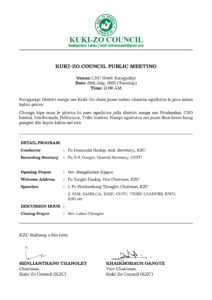
While commercial vehicles and commercial transports with Nagas and Nepali passengers have begun cautiously resuming use of the highway, psychological barriers persist due to safety concerns.
According to insiders, the MHA sees formal endorsement from key bodies like the Kuki-Zo Council as a potential confidence-building measure, especially given ongoing dialogues with Kuki-Zo groups under the Suspension of Operations (SoO) framework.
The KZC leadership has not opposed the Centre’s appeal outright. In a closed-door consultation convened by the Committee on Tribal Unity (COTU) on July 23, several KZC members reportedly indicated they were open to endorsing unimpeded passage for commercial vehicles and public transport, though not private movement, subject to two conditions:
- Assured safety of travellers through deployment and accountability of central forces.
- Fair distribution of goods ferried to Imphal via NH-2 to hill residents, who continue to face severe supply shortages.
KZC leaders argued that such a move would not amount to political surrender. “With or without our assurance, neither Meiteis are venturing into the hills nor our people into Imphal,” a senior council member remarked.
Divided Opinion Within Kuki-Zo Groups
Yet, not all voices within the Kuki-Zo ecosystem are aligned. Some CSOs representatives opposed any formal statement, warning that it could be misconstrued as political compliance at a time when none of the Kuki-Zo community’s core demands—such as a separate administrative arrangement and justice for victims of past violence—have been addressed by the Centre.
READ: Meitei Man from Manipur Gets 15 Years in Bhutan for Heroin Smuggling
Critics further argued that when the Manipur administration has made no effort to remove the blockade of Kuki-zo movement across their domains by foothill Nagas, why should only Kuki-zo people endorse the peace process.
Despite the dissent, some SoO camp representatives struck a more pragmatic tone. “Talks are ongoing. Soon we will be formally discussing our demand for a Union Territory,” said one functionary. “If those talks fail, what’s stopping anyone from rebuilding bunkers or blockades? But for now, let’s give peace a chance. At least we won’t be blamed for obstructing it.”
The July 29 Kuki-Zo Council public meeting may prove pivotal—not only in shaping community consensus on the Centre’s highway proposal, but in recalibrating internal unity among various Kuki-Zo stakeholders. The choice between constructive engagement and defensive skepticism now stands as a defining test for KZC’s leadership—and the broader trajectory of Manipur’s fragile peace process.
Whether the Council opts for formal endorsement, a neutral stance, or outright rejection could significantly influence the next chapter of talks between tribal groups and the Indian government, and the ongoing struggle for political recognition and justice in Manipur.



